Collaborative FIPs lead to third-party certification bids
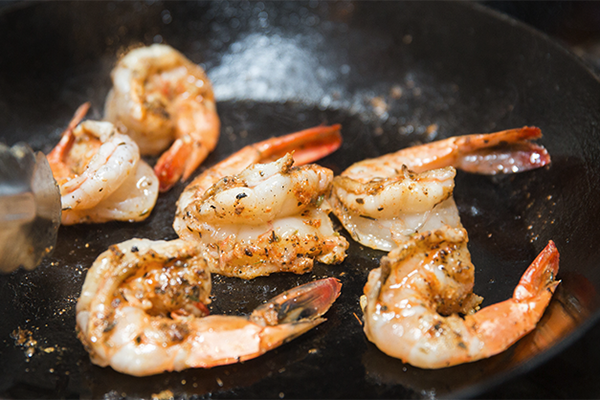
The American Shrimp Processors Association (ASPA) has entered the U.S. Gulf of Mexico shrimp fishery into sustainability assessments under the Marine Stewardship Council (MSC) and Certified Seafood Collaborative (CSC) Responsible Fisheries Management (RFM) certification programs – two of the world’s leading wild fishery sustainability standards.
Gulf of Mexico shrimp is the largest warm-water shrimp fishery to enter either certification program, according to ASPA. The fishery includes white, brown and pink shrimp from all five Gulf of Mexico states (Alabama, Florida, Louisiana, Mississippi and Texas).
“This is a major step forward for the Gulf of Mexico shrimp fishery in receiving recognition for their continued efforts to improve the sustainability of this industry,” said Laura Picariello, program director of the Texas Sea Grant Sustainable Fisheries and Aquaculture Program. “Texas Sea Grant has a long history of collaboration with the shrimp industry, particularly on bycatch reduction, and we look forward to providing continued support as they move through the assessment process.”
Shrimp fisheries, and warm-water trawl fisheries more broadly, are known for sustainability problems, including high rates of bycatch and interaction with seafloor habitat. The entry into these certifications demonstrates concrete progress in resolving these challenges, beginning 15 years ago with fishery improvement projects (FIPs) initiated by Sustainable Fisheries Partnership (SFP) and subsequent FIP launches, coordination and shrimp fishery research supported by the Audubon Nature Institute and Texas Sea Grant. Beginning in 2014, SFP initiated the transition of the individual state-specific FIPs to industry leadership, to enable focus on local issues.
“Working in tandem with the shrimp industry, management agencies and other organizations committed to the sustainability of the fishery, it is rewarding to declare these FIPs completed,” said John Fallon, director of Sustainability and Coastal Conservation at the Audubon Nature Institute. “Audubon’s involvement began in 2012 and we were entrusted in 2016 to help lead and support shrimp FIPs in the Gulf of Mexico. It has truly been a collective effort and we are proud to have played a role in helping this iconic fishery reach such an important milestone.”
SFP now facilitates the U.S. Gulf of Mexico Shrimp Supply Chain Roundtable (SR), which brings together participants – leading shrimp processors and distributors – in a pre-competitive environment to address overarching issues across the Gulf of Mexico, such as improving bycatch data collection. Since 2021 SFP’s work on Gulf shrimp has been funded by these processors.
“The Gulf of Mexico shrimp industry has been a leader in sustainability improvements for decades, but 15 years ago a handful of proactive industry representatives came together in some of the earliest Fishery Improvement Projects,” said Megan Westmeyer, director of the Gulf of Mexico Shrimp Supply Chain Roundtable at SFP. “These Fishery Improvement Projects, along with the Supply Chain Roundtable, worked diligently to resolve the remaining sustainability issues and have reached the point where it is possible for the fishery to take this sort of major step towards third-party verification of sustainability. This is a testament to the collective work of broad and diverse organizations and people throughout the Gulf of Mexico region.”
Certification site visits throughout the Gulf region will occur in July 2023. Public certification reports should be available by the end of 2023, with final determinations on the sustainability certifications expected in early 2024.
Follow the Advocate on Twitter @GSA_Advocate
Now that you've reached the end of the article ...
… please consider supporting GSA’s mission to advance responsible seafood practices through education, advocacy and third-party assurances. The Advocate aims to document the evolution of responsible seafood practices and share the expansive knowledge of our vast network of contributors.
By becoming a Global Seafood Alliance member, you’re ensuring that all of the pre-competitive work we do through member benefits, resources and events can continue. Individual membership costs just $50 a year.
Not a GSA member? Join us.
Author
Related Posts
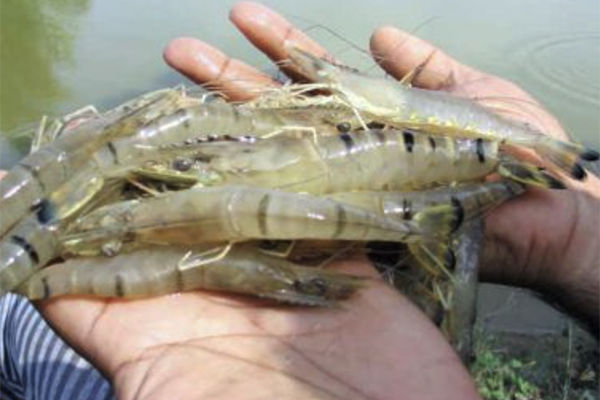
Intelligence
UK, India ink research agreement to advance shrimp farming, HAB detection, fisheries
The UK and India will help develop joint research programs, like using “cutting edge UK technology” to spot diseases in shrimp aquaculture.
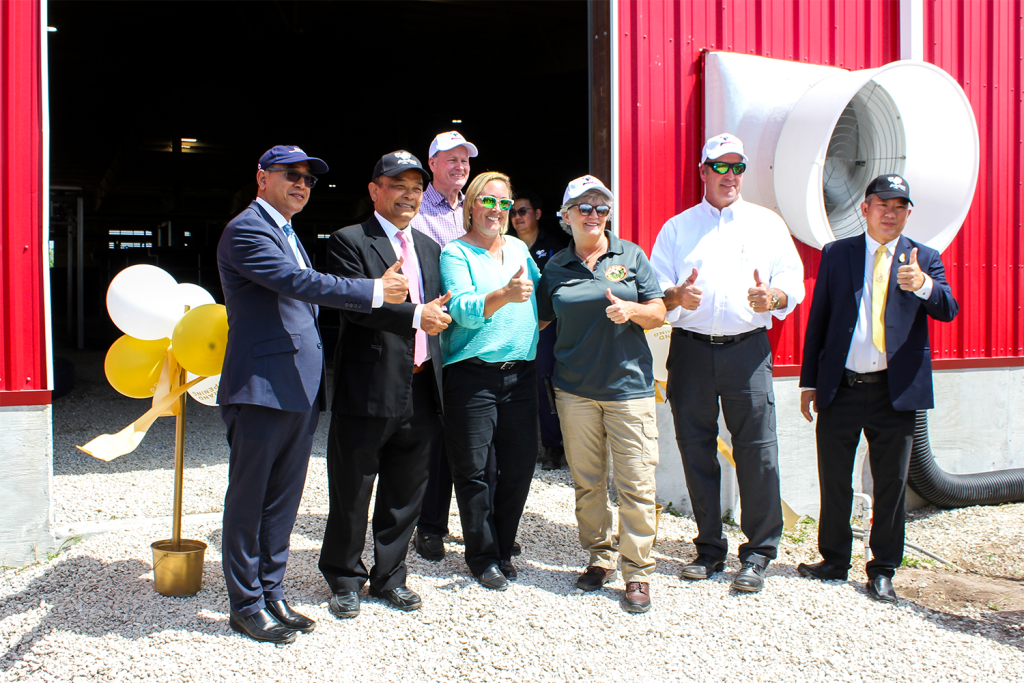
Innovation & Investment
Homegrown Shrimp USA officially opens new shrimp RAS facility in Florida
Homegrown Shrimp USA opened its first shrimp RAS facility in the United States in a rural community in the heart of southern Florida.
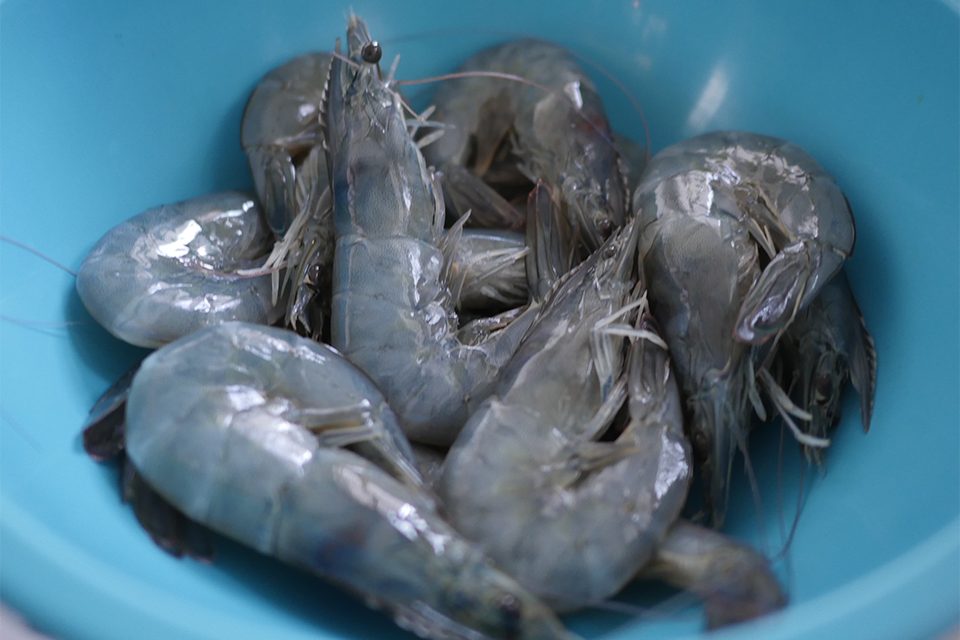
Intelligence
‘We’re doing a lot of things that aren’t being done,’ says Los Angeles shrimp farm founder
Steve Sutton, CEO of TransparentSea Farm, joins the Advocate and Aquademia to talk shrimp and the carbon-capture technology investors should look at.
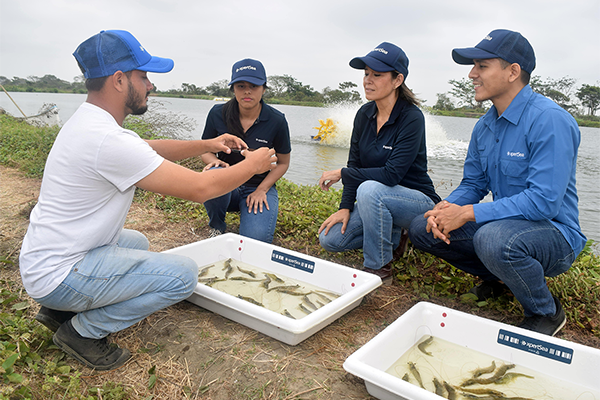
Innovation & Investment
Is ‘technology-verified storytelling’ the new way to sell responsibly sourced shrimp?
Canadian company xpertSea’s latest data-driven service is for retailers that want to add sustainability commitments to their private label brands.



